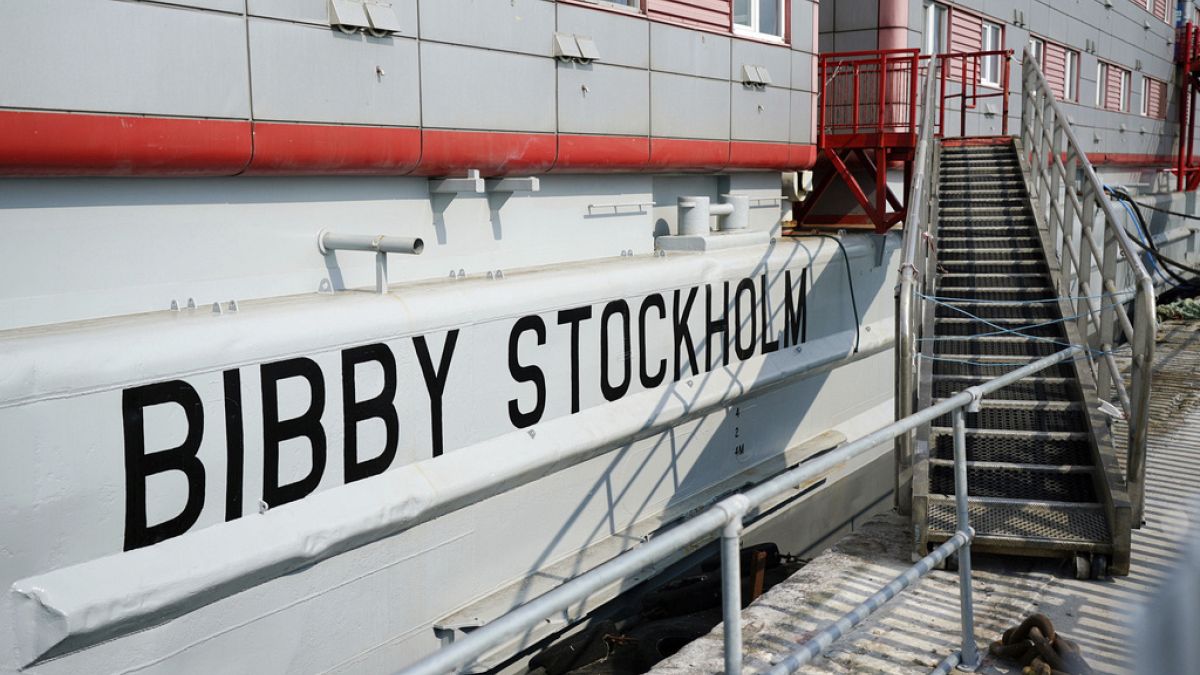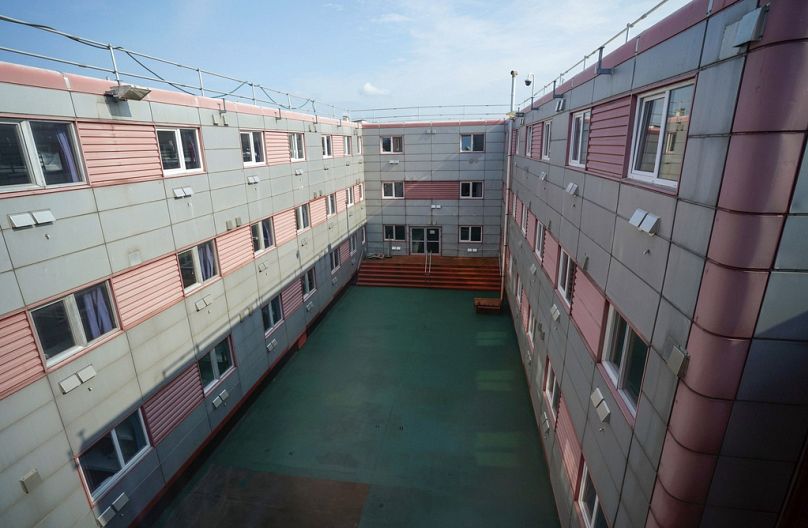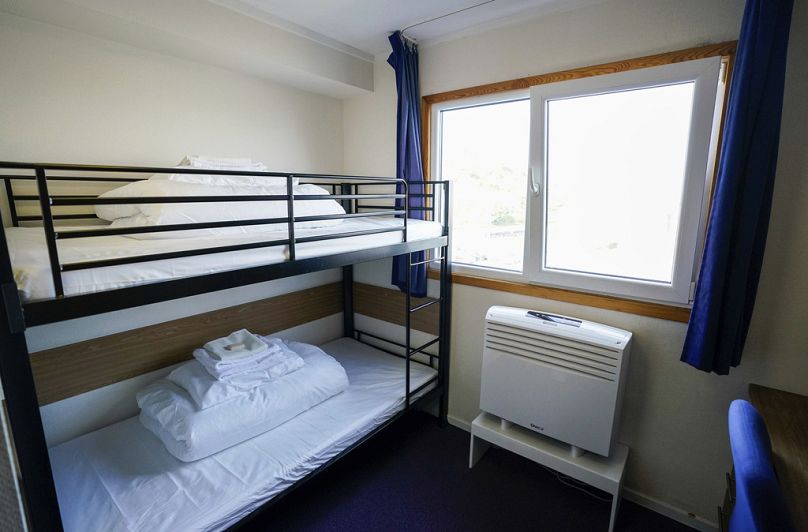The incident has added to worries about 'inhumane' conditions on the Bibby Stockholm, a ship used to house asylum-seekers in the UK.
An Albanian man who is believed to have taken his own life on a ship housing asylum seekers in the UK may have lay undiscovered for up to 12 hours.
That’s according to a former roommate of the late Leonard Farruku who was found unresponsive on the vessel on 12 December.
Speaking to The Guardian, Farruku’s roommate Yusuf Deen Kargbo claims the 27-year-old was only found by security staff on the boat after Kargbo insisted they forced a bathroom door open, where Farruku was found unconscious.
Kargbo is now urging the UK’s Home Office to stop using the controversial Bibby Stockholm as accommodation for people seeking refugee status, claiming that he was not offered support after Farruku’s death - and that the boat is detrimental to the mental health of its occupants.
He says many onboard are struggling to cope with the situation and others may seek to harm themselves if they are forced to stay on the barge.
What is Bibby Stockholm?
Bibby Stockholm is an engineless barge which is currently used as an accommodation vessel for up to 506 asylum seekers at a time.
Docked in Dorset in the south of England, it’s been controversial from the off - referred to variously as a "floating prison" and "inhumane" by critics.
Back in April 2023, the UK government - who have made fighting migration a key electoral promise - suggested the boat would "offer better value for money for taxpayers than hotels".
That was referring to the £5.6 million (€6.5m) daily bill for accommodating asylum seekers in hotels across the UK.
However, several NGOs alleged the savings made by housing people on the barge was nominal.
Built in 1976, Bibby Stockholm was transformed into an accommodation hub in 1992.
Between 1994 and 1998, it was used for the homeless in Hamburg, Germany and from 2005, asylum seekers in Rotterdam, Netherlands were detained onboard.
In 2013, the vessel was used as a house for construction workers at the Shetland Gas Plant in Scotland.
On the Bibby Line website - the shipping and marine operations company owner of the boat - it is billed as a “luxury living” experience.
But the reality has been reported to be vastly different.
Men ranging in age from 18-65 are said to live in shared rooms the size of prison cells.
Last Summer, the UK’s Fire Brigades Union raised concerns over potential overcrowding as well as the barge’s narrow exits.
“Firefighting operations on vessels such as the Bibby Stockholm provide significant challenges and require specialist training and safe systems of work. The diminished safety provisions only exacerbate our operational concerns," they wrote in an open letter to former Home Secretary Suella Braverman.
Those sent to live on the boat don’t have a choice in the matter and are instead housed there via a conclusive decision made by the government.
Rishi Sunak’s ruling Conservatives have ensured every individual living on the boat is required to sign in and out of the barge on each occasion so that the Home Office can ensure their “safety”.
In August, however, some 20 people among the first to be assigned the Bibby Stockholm as accommodation refused to board.
Shortly afterwards, there was an outbreak of Legionella bacteria onboard and the asylum-seekers were evacuated a few days later.
What does the UK government have to say about Leonard Farruku’s death?
The Home Office has said Farruku's death was a tragic incident and that it was being investigated by the police and coroner.
They maintain that there were - and are - "rigorous safeguarding processes in place" on the barge.
However, Kargbo told BBC News that he believes the barge was unsafe and he knows of others on board who were struggling to cope.
It’s thought that around 135 men are still on board.
In December, Farruku’s inquest opened in Dorset. The coroner there heard his cause of death was neck compression as a result of hanging. His funeral will take place in Albania on Wednesday.
The coroner’s hearing was told there were no suspicious circumstances surrounding his death and that there was no evidence that anybody else was involved.
The inquest has been adjourned until July to allow time for officials to gather evidence from the Home Office and other organisations.
Although the government says that they take the welfare of those on the Bibby Stockholm "very seriously", several NGOs say it is not fit for purpose.
Designed as part of the government's efforts to reduce the number of people crossing the English Channel on small boats, its capacity was doubled to 500 by introducing bunk beds to create shared cabins.
Charity Care4Calais have explained that they believe it is unlawful, akin to a "floating prison" - and the government must take it out of service.


